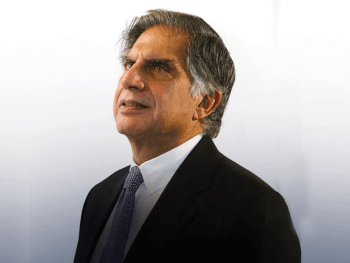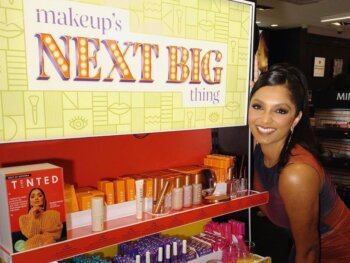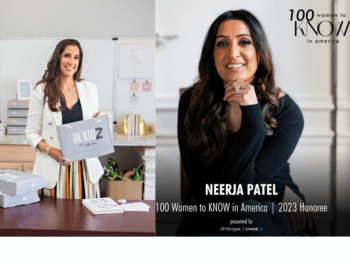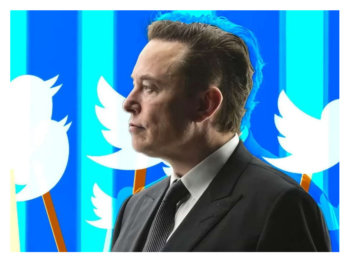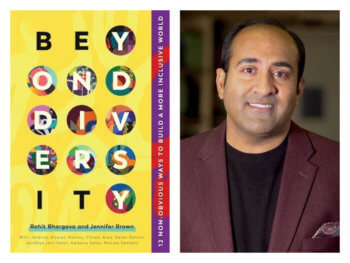Diversity Marketing in Today’s World
In today’s globalized and interconnected marketplace, diversity marketing is not just a strategy but a practical key to expanding your business’s reach and enhancing your brand’s relevance. This powerful approach, when embraced, can build stronger, more meaningful connections with consumers, fostering brand loyalty and driving business growth. By tailoring your marketing efforts to meet the diverse cultural, ethnic, and demographic needs of various consumer segments, you can be confident in the effectiveness of your strategy.
The Importance of Diversity Marketing
Significant demographic shifts mark the modern consumer landscape. Migration, globalization, and the increasing awareness of social justice issues have created a more diverse population. In response, businesses have recognized the necessity of reflecting this diversity in their marketing strategies, making diversity marketing a crucial tool in adapting to these changes. The urgency of implementing diversity marketing is underscored by several reasons why it is vital for success:
- Broader Market Reach: Businesses can expand their customer base beyond traditional markets by targeting diverse consumer groups. This strategy is fundamental in multicultural societies where the purchasing power of minority groups is substantial and growing.
- Enhanced Customer Loyalty: When consumers see themselves represented in a brand’s marketing, they are not just customers; they feel a sense of belonging. This emotional connection fosters loyalty and encourages repeat business, a critical factor in long-term success.
- Enhanced Brand Image: Prioritizing diversity marketing portrays companies as inclusive, progressive, and socially responsible. This positive brand image can attract consumers who value these attributes and are more likely to support brands that align with their values.
Top Businesses Employing Diversity Marketing Tactics
Several leading businesses, including Coca-Cola, PepsiCo, Unilever, P&G, and Nike, have successfully implemented diversity marketing strategies, mainly focusing on the South Asian market. Here are some notable examples of their innovative and effective approaches:
- Coca-Cola: Coca-Cola’s marketing campaigns often reflect the cultural diversity of its consumer base. In South Asia, Coca-Cola has run numerous campaigns celebrating local festivals, traditions, and cultural icons. For instance, their advertisements during Diwali and Eid feature themes that resonate deeply with the South Asian audience, incorporating local languages, music, and customs.
2. PepsiCo: PepsiCo’s marketing strategy in South Asia includes using famous Bollywood celebrities and sports icons to connect with younger audiences. Their campaigns often feature relatable, everyday scenarios that appeal to the South Asian youth. This approach boosts brand recognition and creates a solid emotional bond with consumers.
3. Unilever: Unilever’s diverse portfolio of brands, including Dove, Lux, and Surf Excel, employs culturally relevant marketing tactics in South Asia. Their campaigns often address social issues such as gender equality, education, and environmental sustainability, resonating with the values and concerns of their South Asian consumers. For example, the “Dirt is Good” campaign by Surf Excel highlights the importance of experiential learning for children, a concept well-received by South Asian parents.
4. Procter & Gamble (P&G): P&G has been at the forefront of diversity marketing with campaigns like “Share the Load” by Ariel, which addresses gender roles and household chores in Indian society. This campaign promotes their product and sparks meaningful conversations about gender equality, making the brand more relevant and socially conscious in the eyes of South Asian consumers.
5. Nike: Nike’s marketing campaigns in South Asia often feature local athletes and stories that inspire and motivate them. By highlighting the achievements of South Asian sports personalities, Nike promotes its products and connects with the aspirations and dreams of the local population.
Conclusion
Diversity marketing is no longer optional but necessary for businesses aiming to thrive in today’s diverse and dynamic market environment. Companies can create more inclusive, engaging, and effective marketing campaigns by recognizing and celebrating the unique attributes of various consumer segments. The success stories of Coca-Cola, PepsiCo, Unilever, P&G, and Nike, which have excelled with diverse marketing tactics to connect with the South Asian market, serve as a beacon of inspiration and motivation. These efforts enhance brand loyalty and market reach and contribute to a more inclusive and equitable marketplace. As the world continues to evolve, the importance of diversity marketing will only continue to grow, making it a crucial component of any successful business strategy.
Featured Image: Pepsi India
Author
Internationally celebrated, award-winning media personality and author of several business and lifestyle articles, Tushar Unadkat, is the CEO, Creative Director of MUKTA Advertising, Founder, and Executive Director of Nouveau iDEA, Canada. He holds a Master of Design from the University of Dundee, S...






























































